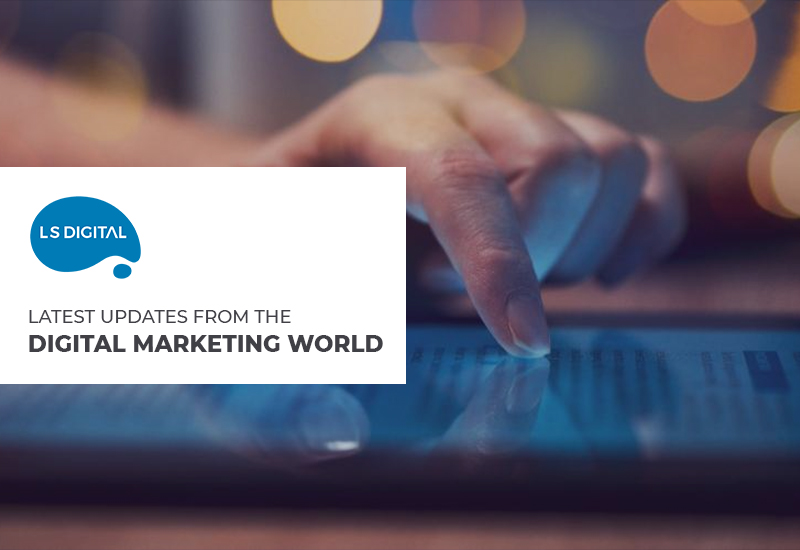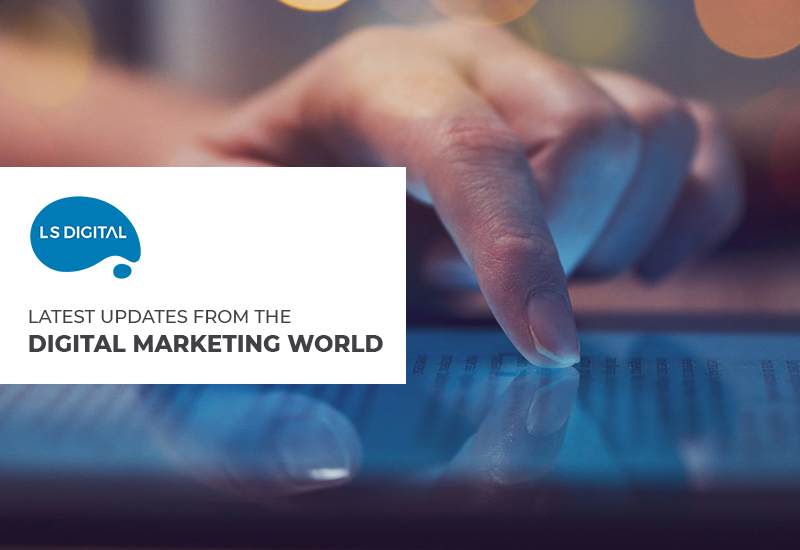With COVID-19 aftereffects disrupting the way we live our lives and run our businesses, it is no wonder that the space of digital marketing has gone through its own disruptions in the past couple of months.
Businesses across the globe are trying to find new and innovative ways to bring their brands back on track while remaining connected to their consumers.
This sudden need has forced businesses to adapt to the rapidly growing digital world. While the marketing budgets have dwindled drastically, consumer engagement has shifted too, and dare we say, gotten better?
Let’s look at some of the post-pandemic disruptions that marketing geeks all over the world are leveraging.
Organic SEO is Winning Over PPC, Once Again
Pay Per Click or PPC had become a favorite among brands. So much so that brands had started weighing it more than the good old organic Search Engine Optimization or SEO. However, with brands willing to spend lesser on ad campaigns due to poor ROIs, organic SEO is back in the game for many brands as they focus on establishing a long-term relationship with their audience.
Content Marketing Is the “In” Thing
Content marketing has been an integral part of SEO for most brands. However, some have ignored it due to its long-term effect on the bottom line. With consumer behavior changing post-COVID, marketers are increasing their content marketing budgets. Marketers realize the importance of establishing effective connections with their audience by providing them value through their content.
Social Media: The Hot Cake
With lockdowns and work from home options for people all over the world, screen time has increased drastically. People are spending more time than ever on popular social media platforms such as Facebook, Twitter, and Instagram. Not just this, it has also given rise to a number of new social media platforms, although some of them have run into troubles in the recent past leading to their bans in a few countries. Moreover, due to the low marketing budgets of most companies, the ad rates have also decreased for many industries. This has made it possible for marketers to run paid and organic social media campaigns to drive attention to their brands. Not just that, customer engagement has gone up.
The Rise of OTT Platforms
While OTT platforms have seen a consistent rise since a few years now, the COVID-19 and the lockdown has certainly given it a big boost. With screen time increasing and theatres and cinema halls shut down, marketers are taking OTT advertising rather seriously. All the major OTT platforms such as Netflix, Amazon, Roku have seen a surge in their subscriptions, providing a great opportunity for marketers to tap into the segment.
E-commerce Marketing: A Must Now
With e-commerce sales increasing as people shop online from the safe confines of their homes, e-commerce marketing has become an important wheel of the digital marketing strategy. While consumers are ready to pay more for convenience, brands are also faced by fierce competition owing to new entrants and old biggies revamping their strategy. This calls for a well-rounded e-commerce marketing strategy that focuses not just on conversions but also on increasing engagement from its consumers.
Technology Driven Digital Marketing Strategy
Although technology has spearheaded the digital marketing campaigns for big brands, smaller ones have often ignored it owing to its R&D and set-up costs. However, with technology such as Artificial Intelligence (AI) and Machine Learning (ML) gaining more ground amidst the pandemic, marketers from brands, big and small, are finally taking notice. With the rise in popularity of Alexa and Google and voice searches going up, AI and ML have taken precedence over the traditional approach.
An Integrated Digital Marketing Strategy – The Future
While the COVID-19 can be blamed for these disruptions, many experts would call this as a much-needed correction that prompts marketers to focus on building a value-driven long-term relationship with their consumers. Brands would need to use an integrated approach to come out winners in the challenge – an approach driven by results that are measurable and key to growth of consumers and marketers.



